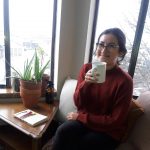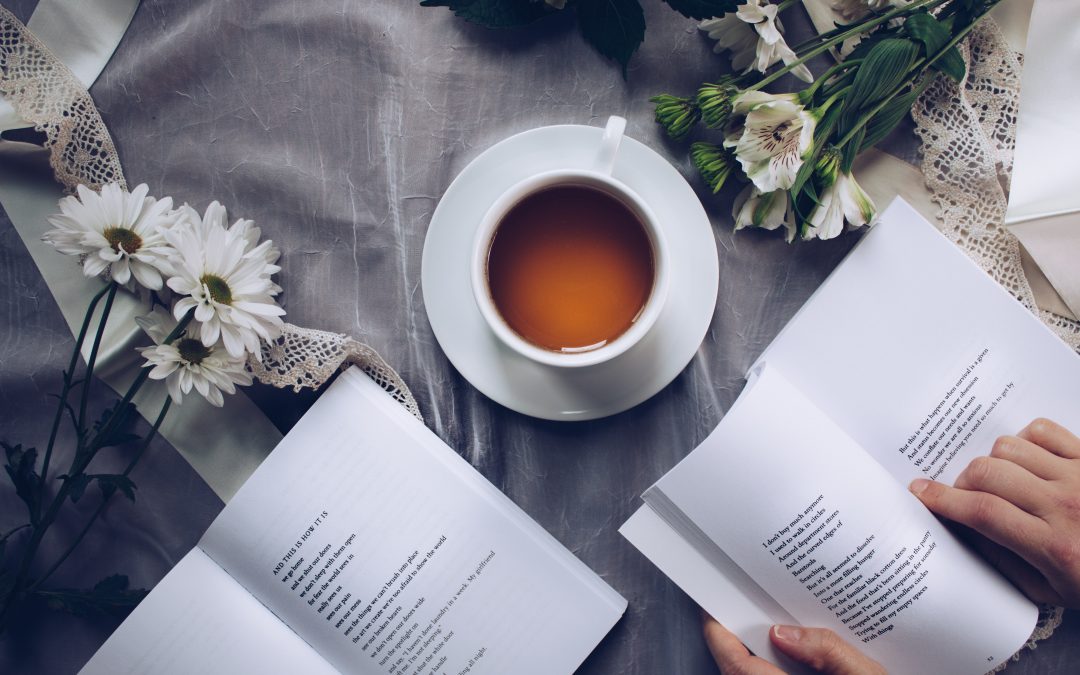As young lovers of books, we are well familiar with the wonderful and intriguing world of fiction. We fondly remember when we first fell in love with reading— whether it be inside the magical worlds of Harry Potter, Narnia, or Lord of the Rings and imagining ourselves as Harry seeing Hogwarts for the first time or as Lucy stepping through the wardrobe into an icy magical forest. We all have our favorite books, series, movie, or tv show that bring us into these made-up realities. For many of us, that’s all we know.
Perhaps your first introduction to nonfiction wasn’t that great. For me, I remember being forced to read a lot of biographies of dead people in school. I didn’t mind, but they weren’t as mentally or emotionally stimulating as fiction. They didn’t bring me into their world like fiction did.
In the past couple of years, I have noticed that I have been struggling to read. Gone were the days I could read a full, 300 page novel in a day. I had a harder time getting into books or keeping my short-attention-span brain interested. I had blamed it on the Internet. The constant scrolling and quick clicks of information. I had also spent a lot of time on Wattpad (a platform for young writers to share their work) before this period of literary deprivation, which I believe led to my hypercriticism of YA fiction and my boredom of the genre.
So what did I do? I tried getting off social media, tried reading more experienced writers such as Stephen King, George R. R. Martin or Anthony Doerr. While I did like many of the works by King or Martin, it still didn’t get me over the feeling of being in a reading rut.
It wasn’t until I discovered a world of other genres outside of fiction did I feel excited about reading again.
For me, I believe the Human of New York’s Facebook page was the first nonfiction thing I subscribed to. I love reading the short stories about people’s lives around the world every week, and like me, you might have not realized that HONY is a form of nonfiction. You might have already been reading nonfiction without even realizing it.
This leads me to my next point. Start small. For those of us readers with short attention spans, trying out short pieces is crucial. There’s nothing worse than buying an entire book and having to put it down half-way because you hate it.
Next, came The Sun Magazine. Like HONY, it focuses on stories that focus on the human experience. It has fiction, nonfiction, and poetry, with shorter and longer pieces. I remember stumbling into the nonfiction section and feeling like I never wanted to leave. I hadn’t felt that feeling in a long time.
I recently discovered another online journal called Brevity, which has super short nonfiction pieces of under 750 words. My short-attention-span brain really liked that one, plus much of the writing was phenomenal.
The point is, the world is big and so much out there to discover. Especially with reading. Creative non-fiction is being constantly reinvented as we speak. People all over the world are experimenting with the form to share pieces of themselves, and it’s exciting seeing how they are expanding the genre.
Reading is about discovery. It is about being introduced to thoughts, ideas or realities outside our own that makes it amazing which is why trying out other genres is so important. I still love fiction, and will always be looking for fiction to read; however, I think it’s time for me to move on and find other things I like.
P.S. The Runestone Journal has great pieces of nonfiction, fiction, and poetry! If you generally are a reader of only one of the genres, seriously consider reading the others. This will be a great opportunity for experimentation.
Meet the blogger:
 Alyxandra Sego is a student at Hamline University studying creative writing. She lives in St. Paul, Minnesota with her husband Taylor and her dying plants.
Alyxandra Sego is a student at Hamline University studying creative writing. She lives in St. Paul, Minnesota with her husband Taylor and her dying plants.


